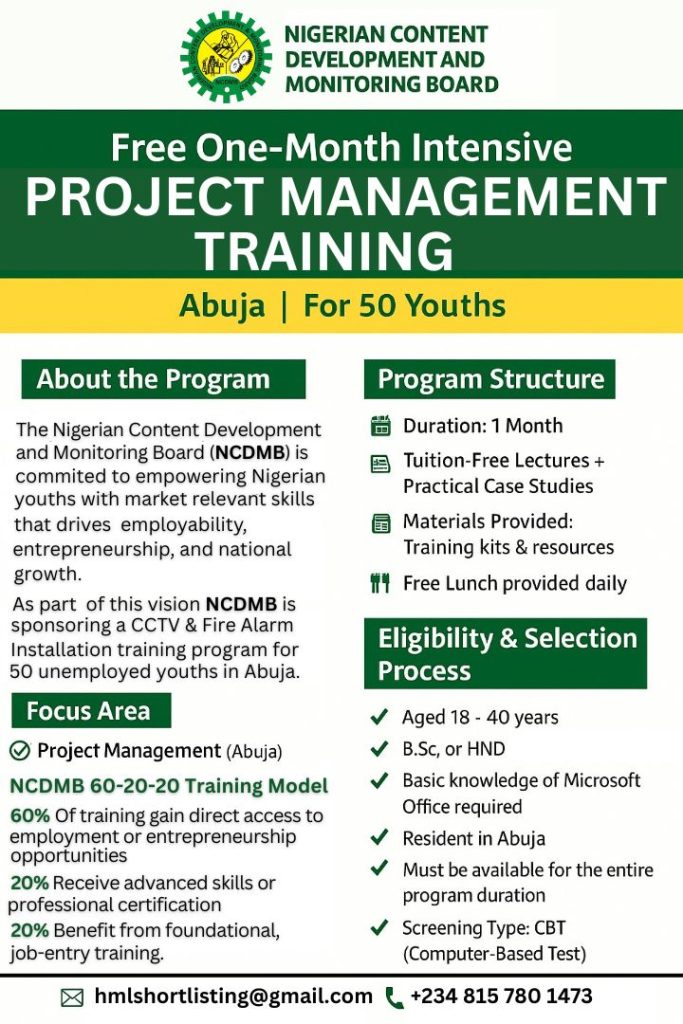Adewale-Smatt Oyerinde, the Director General of the Nigeria Employers’ Consultative Association (NECA)
Following the walkout by Organized Labour during Friday’s negotiations on the national minimum wage, the Organized Private Sector (OPS) has voiced concerns over Labour’s demands and rigid stance. The OPS cautioned that Labour’s current demands could severely impact Small and Medium Enterprises (SMEs) and push many businesses into a state of paralysis.
Reacting to the deadlock, Adewale-Smatt Oyerinde, spokesperson for the OPS in the ongoing wage negotiations, commented on the offer to pay N60,000—a 100% increase in the national minimum wage—as a significant concession by the OPS. “This offer is sacrificial on our part,” Oyerinde stated.
During the last meeting on Tuesday, the Federal Government also proposed N60,000 as the new minimum wage. However, Organized Labour rejected this, demanding N494,000 instead. Following this deadlock, the Federal Government invited Organized Labour to continue negotiations on Friday through a letter signed by the Secretary of the Committee, Ekpo Nta, addressed to the Presidents of the Trade Union Congress (TUC) and the Nigeria Labour Congress (NLC).
Commenting on Labour’s walkout and the subsequent declaration of an indefinite strike, Oyerinde acknowledged Labour’s right to take necessary actions to achieve its objectives. Nonetheless, he emphasized that organized businesses would also take all necessary steps within the law to ensure enterprise sustainability and job protection.
Oyerinde highlighted the numerous challenges facing businesses, including multiple taxes, levies, recent power cost hikes, rising interest rates, and fluctuating exchange rates. He stressed that the OPS’s position aims to prevent further job losses and business shutdowns in Nigeria, noting that job security depends on the survival and sustainability of businesses.
As the Director General of the Nigeria Employers’ Consultative Association (NECA), Oyerinde reiterated that the OPS approached the minimum wage negotiations with the hope that current economic realities—particularly the need to protect jobs and ensure growth—would be considered.
He clarified that the Tripartite Committee’s mandate was to negotiate a new national minimum wage, not to adjust salaries to a living wage. “The minimum wage is the baseline salary that no employer should pay below, whether in the private or public sector,” he explained.
While acknowledging that socio-economic conditions have rendered the N30,000 minimum wage inadequate, Oyerinde pointed out that these same conditions have crippled many businesses, affecting their sustainability and ability to meet wage demands.




